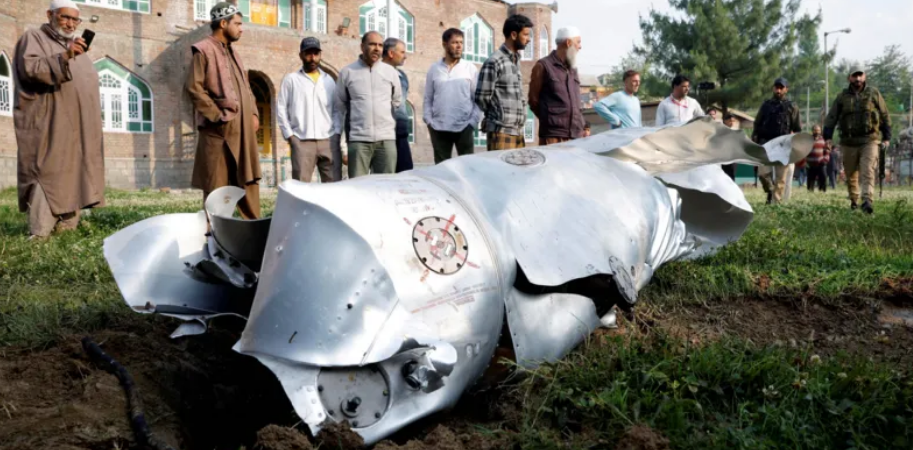India has carried out a series of overnight air and missile strikes on what it says were militant targets in Pakistan and Pakistan-administered Kashmir, escalating tensions between the nuclear-armed neighbours following a recent deadly attack in Indian-administered Kashmir.
According to Indian officials, nine locations linked to groups such as Lashkar-e-Taiba, Jaish-e-Mohammed, and Hizbul Mujahideen were targeted in the operation, which took place between 1:05am and 1:30am local time. The strikes included targets deep inside Pakistan’s Punjab province, including Bahawalpur and Muridke — marking a significant geographical expansion of India’s response compared to past operations.
India says the strikes were based on “credible intelligence” and were designed to restore deterrence after a militant assault last month in Pahalgam, which killed multiple tourists. It alleges the attack had direct links to Pakistan-based groups — a claim Islamabad denies, demanding evidence from New Delhi.
Pakistan, while confirming strikes at six locations, said it had shot down five Indian jets and a drone. Islamabad reported 26 civilian deaths and 46 injuries from the strikes and subsequent shelling. In retaliation, Pakistani shelling killed 10 civilians in India, according to the Indian Army.
Experts say the scale and scope of the Indian operation resemble a “Balakot-plus” response — referring to India’s 2019 airstrikes after the Pulwama attack. “This time, India has struck beyond the Line of Control, even across the International Border,” said historian Srinath Raghavan. Former Indian High Commissioner to Pakistan Ajay Bisaria called the action a “visible and targeted” deterrence effort.
Pakistan has warned of retaliation, with analysts expecting limited strikes in response. “The Pakistani military is likely to act, though within calculated limits,” said Dr Ejaz Hussain, a Lahore-based analyst. Concerns are growing that tit-for-tat actions could spiral into broader conflict.
Diplomatic ties between the two countries have already suffered, with border crossings shut, airspace restrictions imposed, and key bilateral agreements suspended by both sides. Still, some analysts hope the escalation will stop short of war.
“Unless carefully managed, this could become the most dangerous India-Pakistan standoff since 2002,” warned South Asia expert Christopher Clary. Both sides now face pressure from the international community to de-escalate, even as national sentiments run high.


